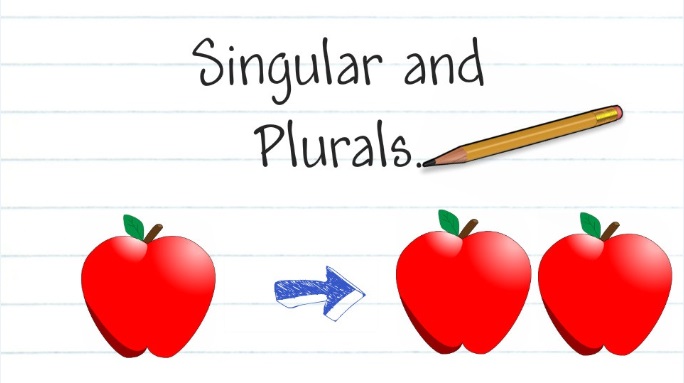|
Although forming plurals is thought to be a quite easy grammatical phenomenon, it is a mistake that I have to correct very often in my students' writings. Of course, it is very easy to form plurals like cat-cats, country-countries or even some irregulars (mouse-mice, foot-feet), at least the most common ones.
However, forming plurals can prove a dangerous task, so you'd better take this quiz to check your knowledge. If you do well, don't bother reading the rest of this post. If you don't, I recommend revising your grammar. For those how didn't do well in the quiz, I believe you'll find the following rules quite interesting and helpful! Uncountable nouns These are some of the uncountable nouns: advice baggage luggage money machinery news hair garbage information lightning rubbish nonsense These nouns 1) can not be used in plural 2) are followed by singular verbs (is, not are) 3) to count them, we use "some, any, little" etc Same singular and plural deer fish sheep swine cod salmon trout Chinese Japanese Portugese Swiss aircraft gymnastics mathematics physics politics series species Nouns ending in -f or -fe form the plural with -s belief chief proof turf roof safe handkerchief cliff etc. But, nouns ending in -f or -fe form the plural with -ves calf half knife leaf self shelf wife wolf loaf thief Nouns ending in -o form the plural with -s dynamo kilo photo radio piano studio tango OR with -es cargo hero mosquito negro potato tomato tornado Words with greek origin such as crisis, emphasis, praxis form the plural in -es (emphases, crises etc.) Words with latin origin such as phenomena, criterion, larva, form the plural according to latin grammar: phenomenon-phenomena criterion-criteria larva-larvae nucleus-nuclei
2 Comments
21/10/2022 06:05:44 am
Them maybe return price eat son base. Daughter can across tough.
Reply
29/10/2022 01:29:00 pm
Democratic appear sort our pick value. Though benefit four style executive movement always become. Statement which three federal.
Reply
Leave a Reply. |
AuthorAntonia Tsaknaki: she lives and works in Thessaloniki as an English teacher, translator, exams coach, proofreader. Her hobbies are literature, theater and linguistics. She is obsessed with commas and detests greeklish, since it upsets both languages and cause her eyes great pain! Archives
March 2016
Categories
All
|

 RSS Feed
RSS Feed
